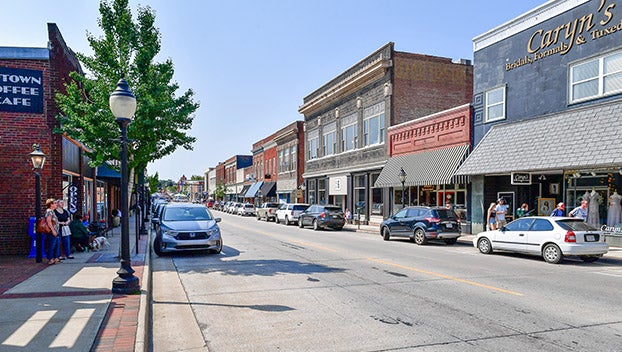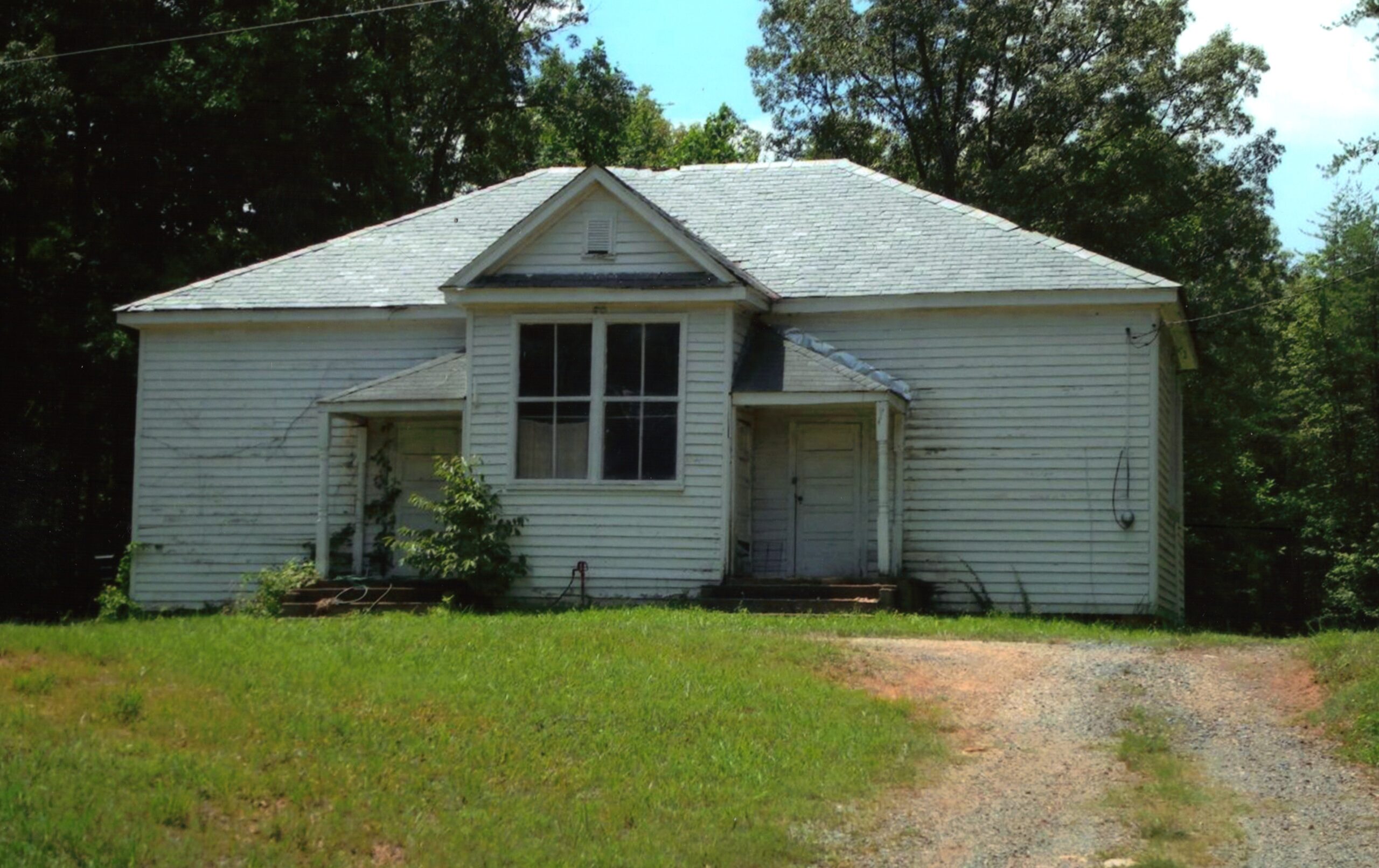Lawmakers call for improvements in foster care
Published 8:07 am Thursday, January 17, 2019
BY KATHLEEN SHAW AND MADISON MANSKE
Capital News Service
The first-ever bipartisan foster care caucus convened Tuesday to provide legislators the opportunity to learn about the various demanding issues in child welfare.
Trending
Nine bills and two budget amendments before this year’s General Assembly session seek to improve Virginia’s foster care services. The co-chairs of the caucus — Del. Emily Brewer, R-Suffolk, and Sen. Montgomery ‘Monty’ Mason, D-Williamsburg — said the group is committed to putting the commonwealth’s children first.
“It’s going to be a long-term solution through legislation, through advocacy and working through partnership groups to make sure that we’re making every single Virginia foster care youth have the most normalized experience, achieving normalcy as part of our goal,” Brewer said.
The urgent focus on Virginia’s foster care system comes after a report by the Joint Legislative Audit and Review Commission, the General Assembly’s research arm, ranked the state’s social service policies as among the worst nationally. Virginia spends $500 million annually on the 5,300 children in foster care. The budget amendments call for another $3 million, which sponsors believe would reduce the number of youths in the Virginia Department of Social Services system by encouraging families to take over guardianship after children are removed from their primary home.
In terms of legislation, Brewer is sponsoring measures such as HB 2208, which would make it easier for relatives to adopt children. And Mason has introduced SB 1678 and SB 1679, which would align the Code of Virginia with the federal Family First Prevention Services Act of 2018.
Some legislators have personal ties to the issue: Brewer and Del. Christopher Collins, R-Frederick, were adopted; and Del. Jennifer Carroll Foy, D-Prince Williams, is a foster parent. Carroll Foy has filed HB 2162, which would ensure that families are notified when a child enters the Virginia Department of Social Services system.
“Virginia has one of the lowest kinship placements of only 6 percent while nationally it’s 30 percent,” Carroll Foy said. “And we all know that when a child is placed with family, that lessens the amount of trauma and instability that that child has to encounter.”
Trending
When children are removed from their first familial residence, their options include foster care or going to a relative in a practice called kinship divergence. HB 2162 is a move toward increasing familial guardianship. Kinship divergence in Virginia is at a low because the families do not receive any financial assistance, while foster families receive a maintenance payment of $700 a month.
The Family First Prevention Services Act was adopted last year as part of the federal Bipartisan Budget Act. The law’s goals are keeping children safe, strengthening families and reducing the urgency for foster care when needed. Virginia would be the first state to implement the act.
Voices for Virginia’s Children is a nonprofit, nonpartisan advocacy group concerned about the foster care system. The group conducted a kinship care tour across Virginia last year to hear what kind of issues foster care families encounter.
“We learned that the majority of children who are going to live with a relative are doing so because of substance abuse,” said Allison Gilbreath, a policy analyst for the organization. “I know that we see the statistics, but it was one thing to see almost every single family that raised their hand said that their child was using opioids.”
Youth in foster care face various obstacles, including financial assistance, mental health services and legal restrictions such as access to an attorney. It can be difficult, for example, for young adults in foster care to get a driver’s license — a problem Sen. Barbara Favola, D-Arlington, hopes to address with her bill, SB 1139.
“We want our children when they age out of foster care to be able to have a normal experience and to have opportunities for jobs and education, and part of that is really gaining a driver’s license,” Favola said.





